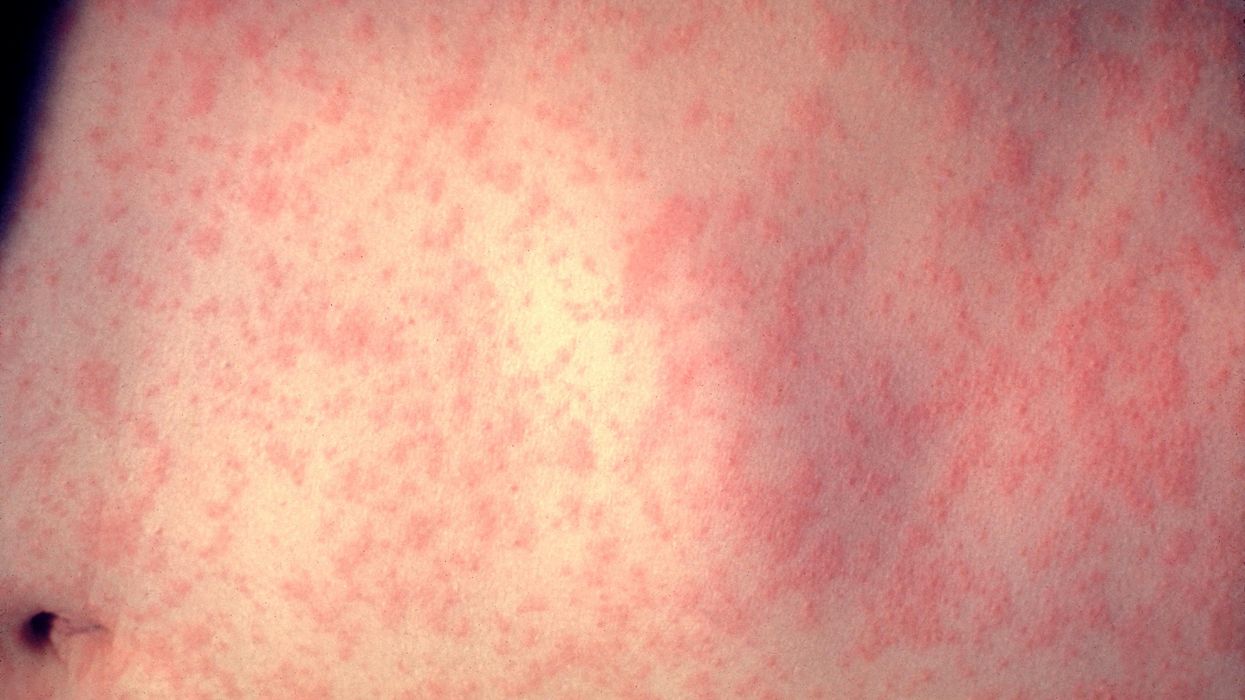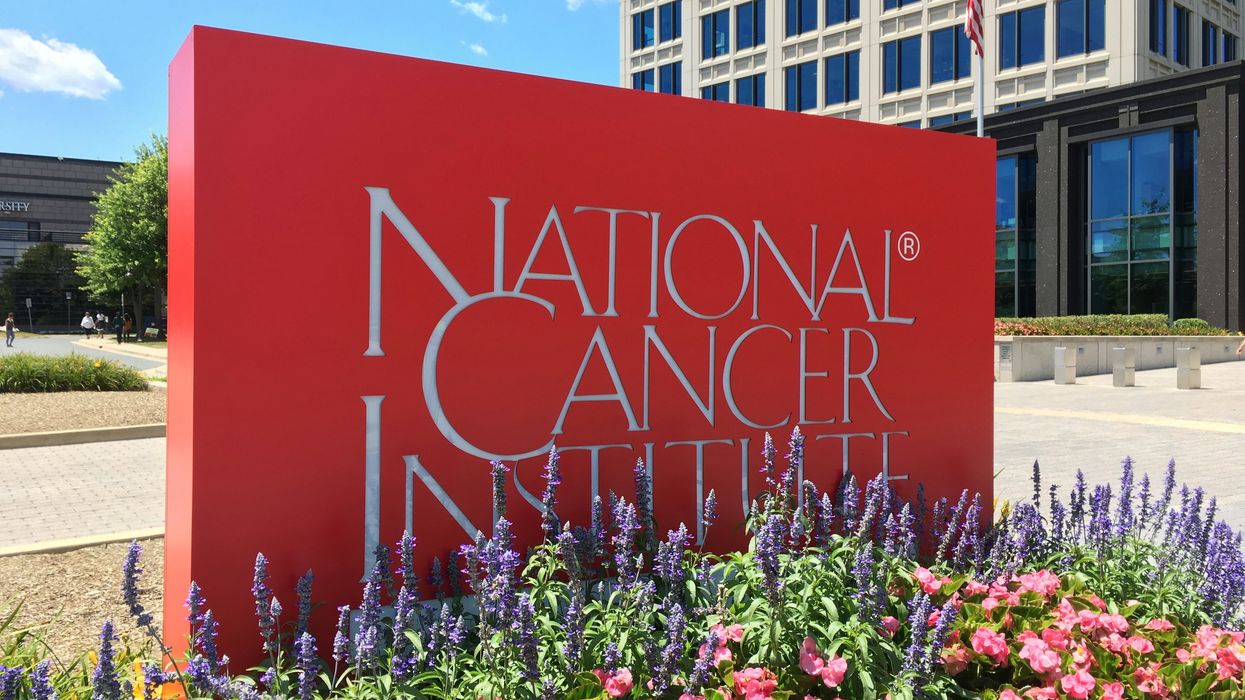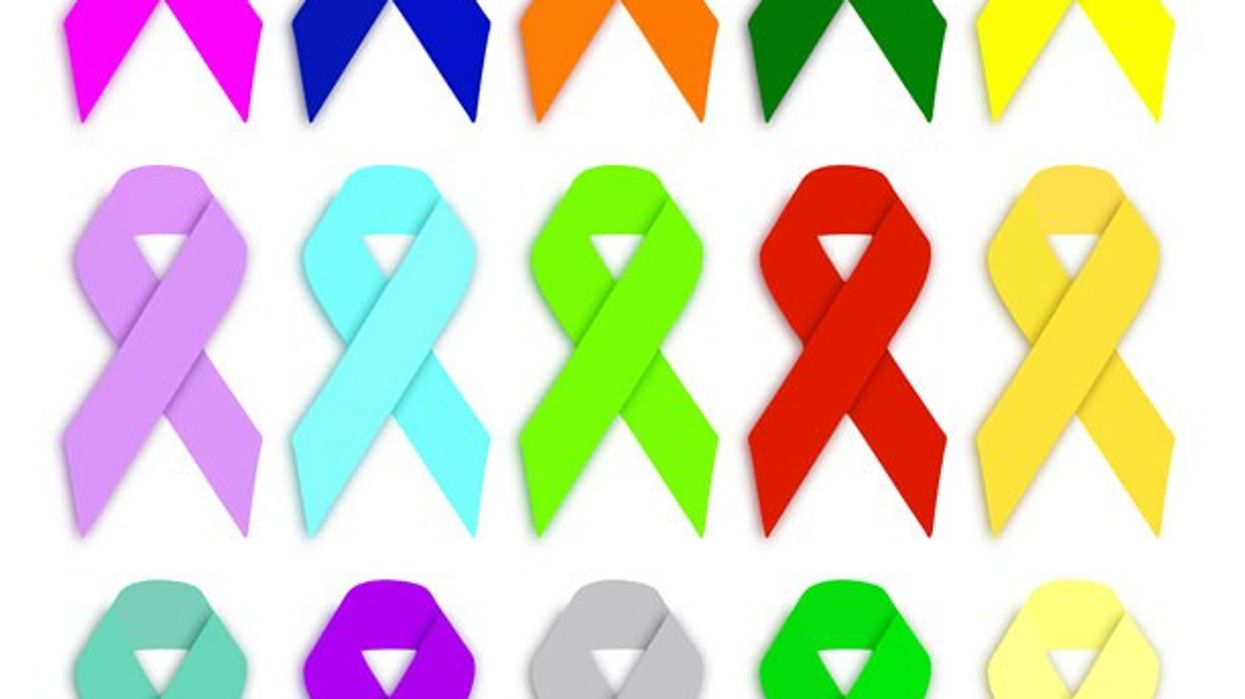Measles might sound like a disease of the past, but it’s making a comeback in certain areas. Recently, a contagious person, who was not vaccinated, went to an NHL game, exposing everyone attending at the Bell Center in Montreal. There is a cluster of people with the measles in Texas. 2025 already has more cases of the measles than all of 2024. With more cases appearing worldwide, it’s important to understand what causes measles, its symptoms, and why getting vaccinated is the best way to stay protected.
What Causes Measles?
Measles is caused by the measles virus (MeV), a highly contagious airborne virus. It spreads when an infected person coughs, sneezes, or even talks, releasing virus particles into the air【1】. What makes measles especially dangerous is its ability to linger in the air and on surfaces for up to two hours【2】. That means you can catch it just by being in the same room as an infected person—even if they’ve already left.
Symptoms and Effects of Measles
Measles doesn’t just cause a rash—it’s a full-blown illness that can lead to serious complications. The symptoms usually appear 7 to 14 days after exposure and start off like a bad cold:
- High fever
- Cough
- Runny nose
- Red, watery eyes【3】
A few days later, tiny white spots (Koplik’s spots) may appear inside the mouth, followed by a red, blotchy rash that spreads from the face to the rest of the body【4】.
But the real danger lies in the complications. Measles can lead to:
- Pneumonia, the leading cause of measles-related death in children【5】
- Brain swelling (encephalitis), which can cause seizures or permanent damage
- Blindness or hearing loss
- Severe dehydration and malnutrition in young children
Even worse, measles weakens the immune system, making it easier to catch other infections for months or even years after recovery【6】.
The Importance of Getting Vaccinated
The best way to prevent measles is through the MMR vaccine (Measles, Mumps, and Rubella). It’s safe, effective, and over 97% successful at preventing measles after two doses【7】.
In fact, before the vaccine became widely available, millions of people got measles every year, and thousands died from complications【8】. Thanks to vaccination, measles was declared eliminated in the U.S. in 2000. However, with misinformation and vaccine hesitancy, cases are rising again.
Protecting Yourself and Others
Getting vaccinated isn’t just about personal protection—it also protects babies, pregnant women, and people with weakened immune systems who can’t get vaccinated themselves【9】. When enough people are vaccinated, it creates herd immunity, making it harder for the virus to spread.
Measles is not just a harmless childhood illness—it’s a serious disease that can lead to life-threatening complications. The MMR vaccine is one of the safest and most effective ways to protect yourself and your community. If you’re unsure about your vaccination status, talk to your doctor—it’s never too late to get protected!
Citations:
- Centers for Disease Control and Prevention (CDC) – Measles Transmission
- World Health Organization (WHO) – Measles Overview
- Mayo Clinic – Measles Symptoms
- American Academy of Pediatrics – Koplik Spots and Rash Progression
- CDC – Measles and Pneumonia Risks
- National Institute of Allergy and Infectious Diseases – Measles-Induced Immune Suppression
- WHO – Effectiveness of MMR Vaccine
- CDC – Measles Pre-Vaccine Era Statistics
- Johns Hopkins Medicine – Herd Immunity and Public Health















 Dr. Cary S. Kaufman teaches the "Essentials of Oncoplastic Surgery" course through the National Consortium of Breast Centers, providing breast surgeons around the world with advanced techniques for optimal breast surgery outcomes.
Dr. Cary S. Kaufman teaches the "Essentials of Oncoplastic Surgery" course through the National Consortium of Breast Centers, providing breast surgeons around the world with advanced techniques for optimal breast surgery outcomes.